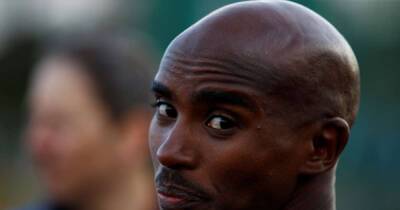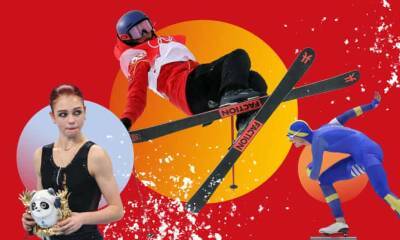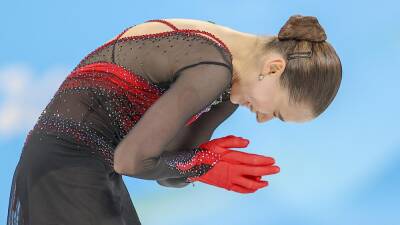Don’t blame Cas for Valieva situation – blame those who have failed her
The decision to allow the Russian prodigy Kamila Valieva to take part in the women’s figure skating competition less than two months after testing positive for a banned heart medication has cast a shadow over the glamour event of the Winter Olympics that will persist for years to come, further tainting the reputation of a Beijing Games already beset by controversy.
Armed with a quiver of point-gobbling quadruple jumps, the 15-year-old Valieva set the world record for combined total score in her first outing as a senior in October and has only improved from there, skating with a deeper maturity and sophistication in each competition through to the team event last week in Beijing, where she became the first woman to land a four-revolution jump on Olympic ice. But the entirety of her sensational debut campaign was thrown into question on Friday after it was revealed she tested positive for a prohibited substance known to increase endurance and stamina.
The ruling handed down on Monday by the court of arbitration for sport, allowing Valieva to compete while appealing against the positive result, represents a mockery of the Olympic movement. The likelihood that Valieva will fly home with not one but two gold medals despite testing positive for an illegal substance is a devastating optical blow for a sport that, practically, has only just emerged from the judging scandal at the 2002 Olympics that left its integrity in tatters.
At times such as these – and Monday will surely go down as one of figure skating’s darkest days – the instinct to assign blame kicks in. But the widespread anger toward the Cas decision is misguided. The panel of three judges were not charged with examining whether or not Valieva doped, rather the







